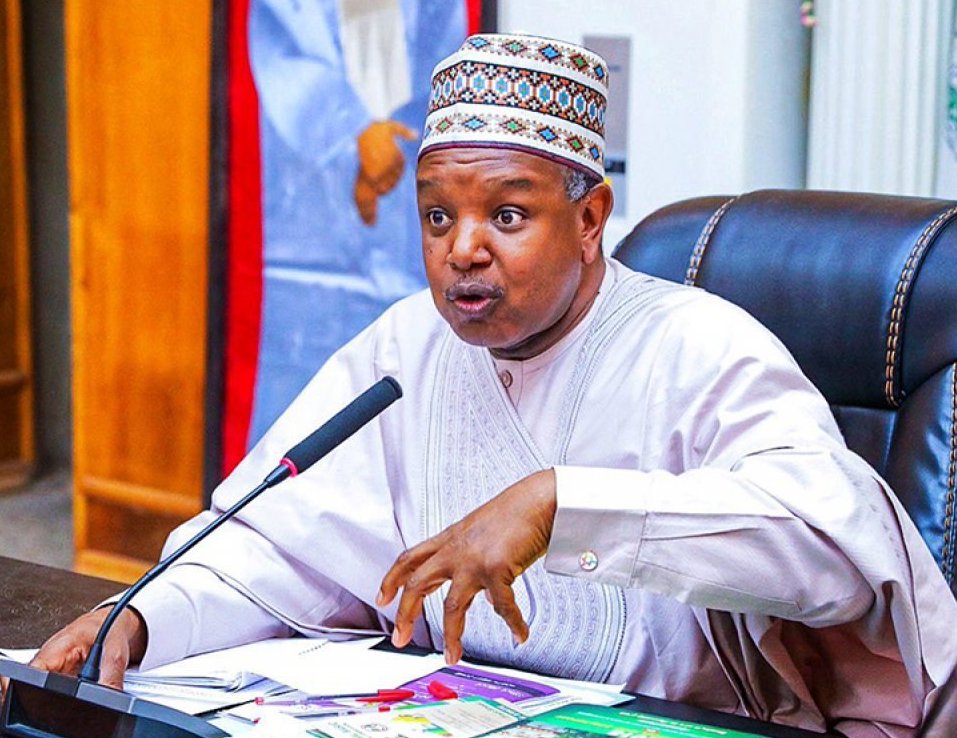By Ignatius Ushie
Minister of Budget and Economic Planning, Senator Abubakar Atiku Bagudu, has stressed the critical need for foreign finance and international co operations to meet the expected substantial investment, estimated at around $410 billion by 2060, in order to achieve net-zero emissions and universal access to clean energy.
The Minister stated this during his keynote address at the opening ceremony of Global South Peer Learning Workshop on Country Platforms for Climate Action and Just Energy Transition, organised by Africa Policy Research Institute with support from the National Council on Climate Change Secretariat (NCCC) the Nigerian Economic Summit Group (NESG) and Shehu Musa Yar’Adua Foundation among others.
Bagudu pointed out that Nigeria has already identified $23 billion in investment opportunities in sectors such as power generation, transmission and clean cooking, and is working to secure financing commitments to kick start implementation.
He reaffirmed the federal government’s dedication to advancing Nigeria’s national development plans, particularly emphasizing the country’s energy transition and economic growth strategies, and also underscored the importance of collective national commitment and hard work in realizing Nigeria’s development goals.
The Minister highlighted the government’s efforts to align with the Nigeria Energy Transition Plan (ETP), which aims to tackle energy poverty and climate change while promoting sustainable economic growth.
Bagudu noted that Nigeria has historically contributed to global institutions and is now focused on leveraging financial investments to support climate action and energy transition, including renewable energy projects and clean cooking solutions.
He also addressed the challenges posed by climate change, including floods and environmental degradation, linking these issues to the urgency of transitioning to sustainable energy sources.
He emphasized the government’s resolve to modernize the economy, improve infrastructure, and ensure inclusivity in development efforts, highlighting ongoing policies such as the National Integrated Electricity Policy (NIEP) and Integrated Resource Plan (IRP) unveiled by the Ministry of Power.
In his remarks, Lead of the NESG’s Special Task Force for Climate Action, Dr. Eugene Itua, emphasized the critical role of private sector investment and innovation in Nigeria’s energy transition.
Itua highlighted the need for businesses to drive low-emission growth and unlock climate finance, citing Nigeria’s $1.9 trillion funding gap to achieve net-zero by 2060.
He stressed learning from Just Energy Transition Partnerships (JETPs) in South Africa, Indonesia, and Senegal to design Nigeria’s Country Platform for Climate Action (CPCA) and advocated for stronger public-private partnerships to implement Nigeria’s Energy Transition Plan, including carbon market development and solar project aggregation.













